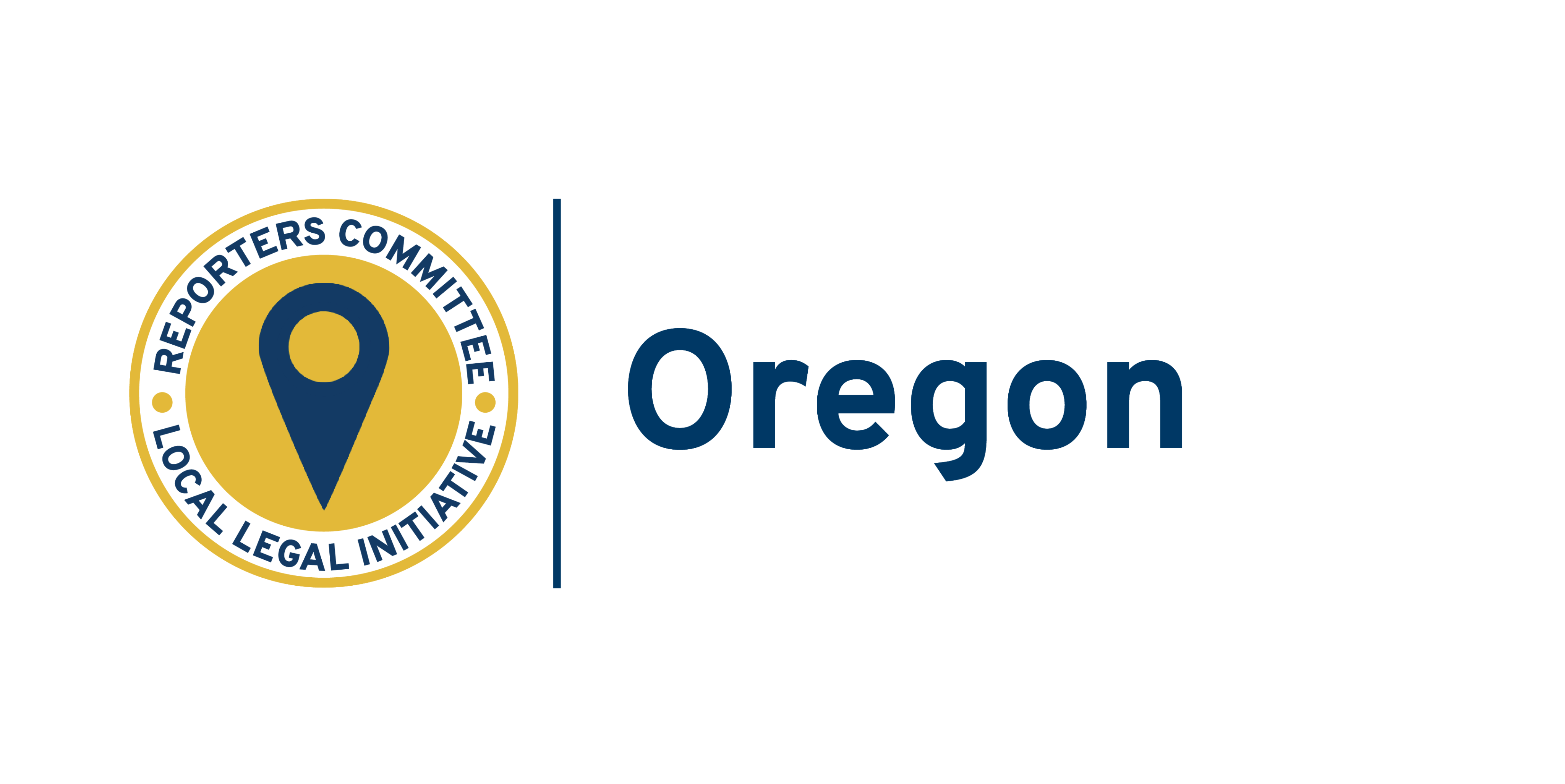Oregon reporter shines light on investigation into ex-doctor accused of sexual abuse

In September, a grand jury in Clackamas County, Oregon, decided not to indict an ex-doctor accused of sexual abuse by more than 120 former female patients. The announcement, which followed a two-year investigation, came as a huge shock to the former doctor’s alleged victims and to many members of the suburban Portland community.
Given the number of alleged victims who had come forward, and the allegations that had already been made public through a civil lawsuit, an indictment was widely expected. And when they found out it wasn’t going to happen, they wanted to know why — and whether investigators were at fault.
So did Holly Bartholomew.
A reporter for Pamplin Media Group’s West Linn Tidings, Bartholomew had spent the past two years covering the investigation. News of the decision not to prosecute the former doctor prompted the journalist to dig into how the investigation unfolded and learn more about the grand jury process. In order to do that, though, she needed documents, most notably the local police department’s 1,472-page investigative report about the case.
Bartholomew had requested the police report once before, but it was rejected because the investigation was ongoing.
“Once the grand jury decision was announced, I thought they should be able to release the report,” she said.
But they didn’t.
In rejecting Bartholomew’s request for the investigative report, officials cited the personal privacy exemption in Oregon’s Public Records Law. Bartholomew decided to appeal. And to bolster her case for the records, she sought legal help from Ellen Osoinach, the Reporters Committee for Freedom of the Press Local Legal Initiative attorney for Oregon.
Bartholomew said Osoinach helped sharpen her arguments and make a strong case for why it was important to show what the police actually did — or didn’t do — during its investigation. She said Osoinach emphasized the public interest in disclosing the records, noting the public outcry when the grand jury decided not to indict the doctor.
The appeal ultimately paid off. About a month after receiving Bartholomew’s appeal, a neighboring district attorney’s office with no ties to the case concluded that roughly 70 pages of the report should be turned over to the reporter. That was far fewer than the report’s more than 1,400 total pages, Bartholomew acknowledged, “but what we got I think was pretty helpful still.”
Using those records, along with police communications obtained through a separate request, Bartholomew was able to report an in-depth story that provided important insight into the investigation.
In addition to disclosing details about what coworkers said about the former doctor, the records raised many questions about the investigation, including whether the FBI had conducted a search of the ex-doctor’s iCloud account for evidence of child pornography.
Communications Bartholomew obtained between the local police and the district attorney’s office also made the grand jury process seem chaotic, confirming what the reporter had learned from alleged victims of the doctor and begging the question why such a high-profile case wasn’t more well organized.
As Bartholomew reported, the local district attorney said that the FBI did conduct a search of the doctor’s iCloud account, but investigators found no criminal evidence. He and the chief of the local police department also disputed that the grand jury process was disorganized.
After her story was published in late November, Bartholomew publicly thanked Osoinach for her help drafting the public records appeal. And in an interview, she explained why it’s so important to be able to have access to an attorney — at no cost — for public records advice and other legal help.
“I don’t have a law degree. I’m not an expert in how to do this,” she said. “So it’s really nice to have someone like Ellen to turn to to really make sure my case and my argument for disclosing records is solid and gives me the best chance possible to get access to critical information for the public.”
The Reporters Committee regularly files friend-of-the-court briefs and its attorneys represent journalists and news organizations pro bono in court cases that involve First Amendment freedoms, the newsgathering rights of journalists and access to public information. Stay up-to-date on our work by signing up for our monthly newsletter and following us on Twitter or Instagram.